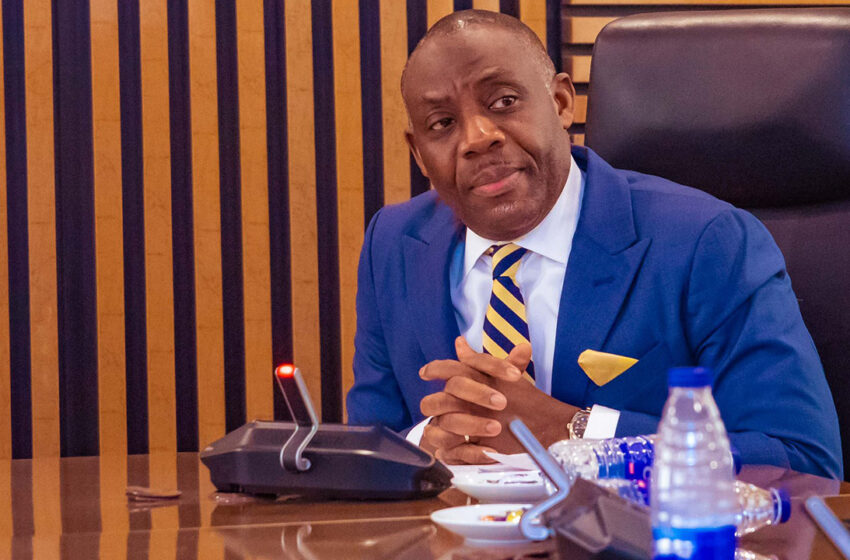FG sets university admission age at 16: What you should know

FG sets tertiary admission age at 16
In a sweeping education policy update announced July 8, 2025, the Nigerian Federal Government has set 16 years as the mandatory minimum age for admission into all tertiary institutions across the country. The minimum age was unveiled by Minister of Education, Dr. Tunji Alausa, at the 2025 JAMB Policy Meeting in Abuja. This landmark decision is aimed at ensuring that students possess both the cognitive maturity and emotional readiness for university-level studies.
Policy Reasoning and Official Announcement
Minister Alausa stated that the age policy “reflects a balance between cognitive maturity and academic preparedness,” stressing that the 16-year threshold is “non-negotiable.” He warned that adherence to the minimum age will be strictly enforced and that any institution circumventing this rule faces legal penalties.
The minister also reiterated that all admissions must be processed through the Central Admissions Processing System (CAPS), and any attempt to bypass it could lead to prosecution of involved parties. This underscores the government’s intent to promote transparency and integrity in university admission.
Historical Comparison: From 18 to 16
The minimum age directive marks a shift from the earlier benchmark of 18 years. Former Education Minister Tahir Mamman had previously argued that 18 was essential for maturity, but the FG’s new position embraces younger, academically ready students meeting the specified age.
Stakeholders argue that the adjustment could unlock opportunities for accelerated talents, especially those in STEM. Conversely, critics caution against admitting students who might psychologically or socially struggle with early university life. The 16-year threshold attempts to strike a middle path between readiness and inclusivity.
Enforcement Mechanisms and Compliance Risks
To ensure compliance, the FG has threatened prosecution for academic institutions and JAMB officials found admitting underage students or bypassing CAPS. Minister Alausa emphasized legal action as non-negotiable toward safeguarding admissions integrity.
CAPS will function as the central guard against age fraud and procedural inconsistencies. Admissions channeled outside the system will be deemed illegal, exposing institutions to potential sanctions. The policy reflects growing insistence on standardized, transparent entrance procedures.
Impact on Students, Parents, and Schools
O-Level applicants aged 16 or older are now eligible to directly apply for university, eliminating previous age-related barriers. This opens doors for younger achievers but also adds pressure on secondary schools and students to pre-emptively calculate cutoff eligibility.
Parents are advised to verify birth documentation and school records early to avoid disruptions during admission. Meanwhile, secondary schools must align matriculation cycles with the policy to ensure eligible candidates meet all criteria thoroughly.
READ ALSO
Has FG reversed 18-year age limit for admission? Here’s what we know
Potential Effects on Education Quality and Access
The policy could boost university populations with academically prepared youths, potentially increasing throughput in critical fields like engineering and medicine. However, the FG must now also ensure that quality teaching and student support services keep pace.
Without strengthening academic support systems, early admission might lead to higher dropout rates or struggles with university demands. Successful implementation requires holistic investment in student counselling, faculty preparedness, and mental health support.
Stakeholder Reactions: From Educators to Lawmakers
Early reactions are mixed. Education experts praise the policy for acknowledging gifted students and aligning with global education models that accommodate early entry. Observers commend the FG’s alignment with JAMB for smoother admissions.
Concurrently, some lawmakers and parent groups emphasize the need for age verification mechanisms and emotional readiness. The Federal Ministry of Education has promised collaboration with UBEC and state Ministries to sensitize stakeholders and ensure broad compliance.
What’s Next: Implementation and Oversight Schedule
Immediate steps include updating JAMB guidelines and communicating changes to universities, polytechnics, and colleges of education. Prospective students applying in the upcoming admission cycle must now ensure they are at least 16 years old at registration.
Universities are expected to align with ministerial directives and affirm compliance via CAPS. Law enforcement bodies are also on notice to assist in prosecutions where institutional non-compliance occurs. Continuous oversight is planned through quarterly reports to monitor policy rollout effectiveness.
The FG’s decision to set the tertiary admission age at 16 marks a bold reform with significant implications. It seeks to blend academic opportunity with regulatory discipline, while promoting early access for deserving youths.
The policy’s success will depend heavily on robust implementation, anti-fraud enforcement, and student support frameworks. If effectively managed, it could redefine educational access in Nigeria, but any gaps could risk academic integrity and student welfare.

